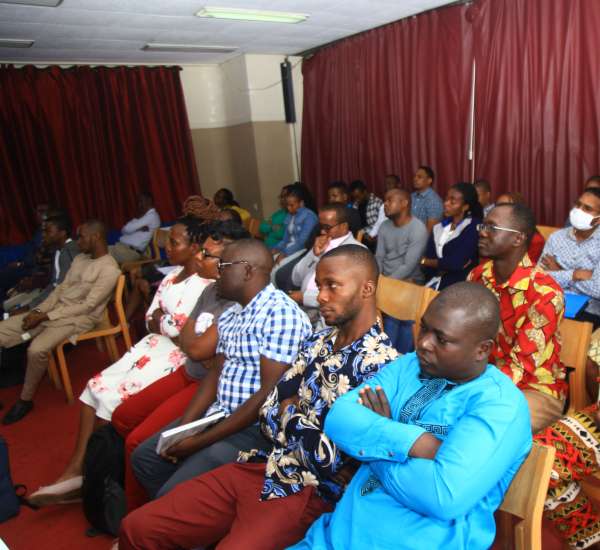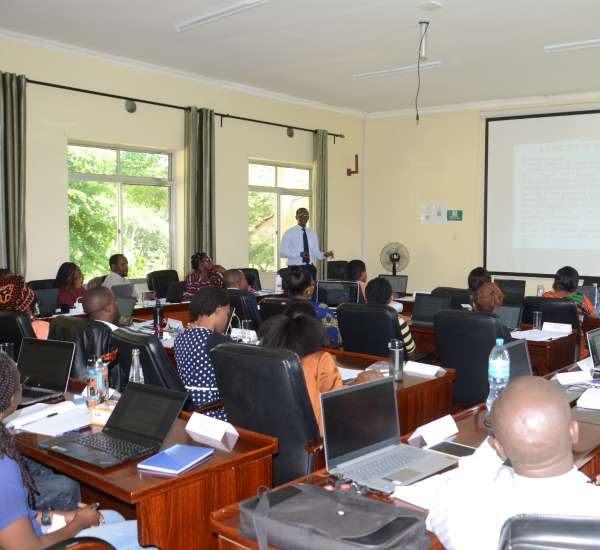Overview
ESAMI-trapca realises that research is essential for decision-making and driving key operational tasks for all types of organizations. To enhance the research skills of our students we conduct qualitative and quantitative research using such mechanisms as the tradelab The legal clinics and practica are composed of small groups of highly qualified and carefully selected students who work on specific legal questions posed by beneficiaries. The students work in groups under the close supervision of one or more Professors (Academic Supervisors) and are also teamed up with experts (Mentors) from law firms, national or international organizations or academia, who lend their knowledge, time and feedback to the students, pro bono.
The centre is best placed to offer strategic advisory services to African Union Member States and all regional bodies on trade negotiations, trade policy crafting, trade agreements domestication, policy design and implementation. In collaboration with various partners, ESAMI-trapca has proved to be a most trusted expert opinion source for offering capacity building and advisory services to governments and regional bodies, which it does through the establishment of mechanisms of benchmarking and self-assessment in trade aspects at the regional and country levels. The centre has and continues to offer advisory and consultancy services in trade policy, trade law, and trade facilitation to African Countries and Regional Economic Communities. In line with this, ESAMI-trapca advised the African Union Commission on the AfCFTA, the EAC, COMESA and SADC during the formation of their Tripartite Free Trade Area, as well as each of the three Regional Economic Communities individually.


Under the auspices of the World Trade Organization (WTO) Chairs Programme (WCP), the centre conducts research and outreach programmes on WTO-related topics. The WTO launched the WCP in 2010 intending to strengthen knowledge and understanding of the trading system among academics, citizens and policymakers in developing countries by stimulating teaching, research and outreach activities concerning international trade and trade cooperation in universities and research institutions. The Chairs programme enables teams of trade experts on the ground in developing and least developed countries to conduct outreach among policymakers alongside curriculum development and training activities. The Trade Policy Training Centre in Africa (ESAMI-trapca) was admitted into the WCP in 2022 under phase III of the WCP. This was after a rigorous selection process conducted by the WTO Secretariat with the participation of the WCP Advisory Board, which resulted in 17 institutions being selected in the current phase. The WCP aims to enhance academic institutions’ expertise on WTO work and issues, to improve research, teaching, as well as outreach to policymakers. These aims are expected to be achieved via i) Research on trade policy and WTO-related matters; ii) Courses with WTO content developed by WCP Chairs; iii) WTO Chairs’ research disseminated to policymakers and other stakeholders; iv) the Number of students trained on WTO work and issues.
WTO Chair holders on behalf of the centre are Dr Caiphas Chekwoti, Head of Centre (WTO Chair) and Tsotetsi Makong, Trade Law and Trade Facilitation expert (co-Chair).